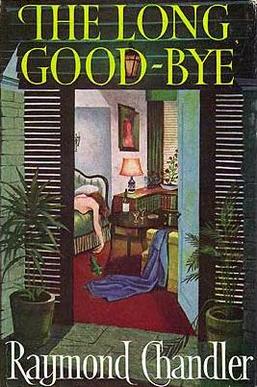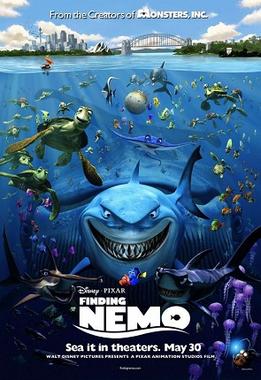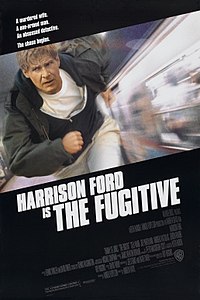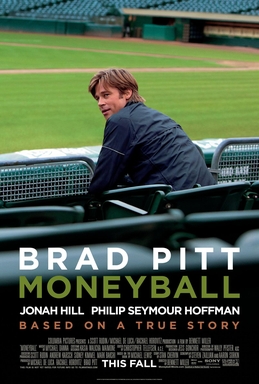Lists
















21 Movies
My Favorite Romantic Movies
Sort by:
Recent Desc
More lists by Drew Goodman



Books I Need to Read
List includes: The Big Sleep, The Snowman, The Long Goodbye
May 2020
0
@drewgoodman



Favorite Animated Movies
List includes: Up, Toy Story, Finding Nemo
May 2020
0
@drewgoodman



Favorite Thrillers
List includes: Ocean's Eleven, Casino Royale, Die Hard
May 2020
0
@drewgoodman



Favorite Dramas
List includes: The Green Mile, That Thing You Do!, The Fugitive
May 2020
0
@drewgoodman



Favorite Comedies
List includes: Galaxy Quest, Back to the Future, A Knight's Tale
May 2020
0
@drewgoodman



Favorite SciFi Movies
List includes: Stargate, Galaxy Quest, Serenity
May 2020
0
@drewgoodman


Movies to Watch
List includes: The Invention of Lying, Midnight in Paris
May 2020
0
@drewgoodman


Favorite Sports Movies
List includes: The Sandlot, Moneyball
May 2020
0
@drewgoodman